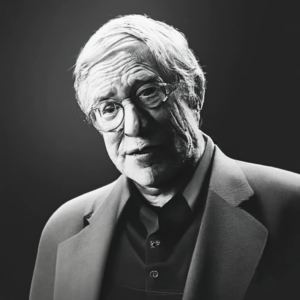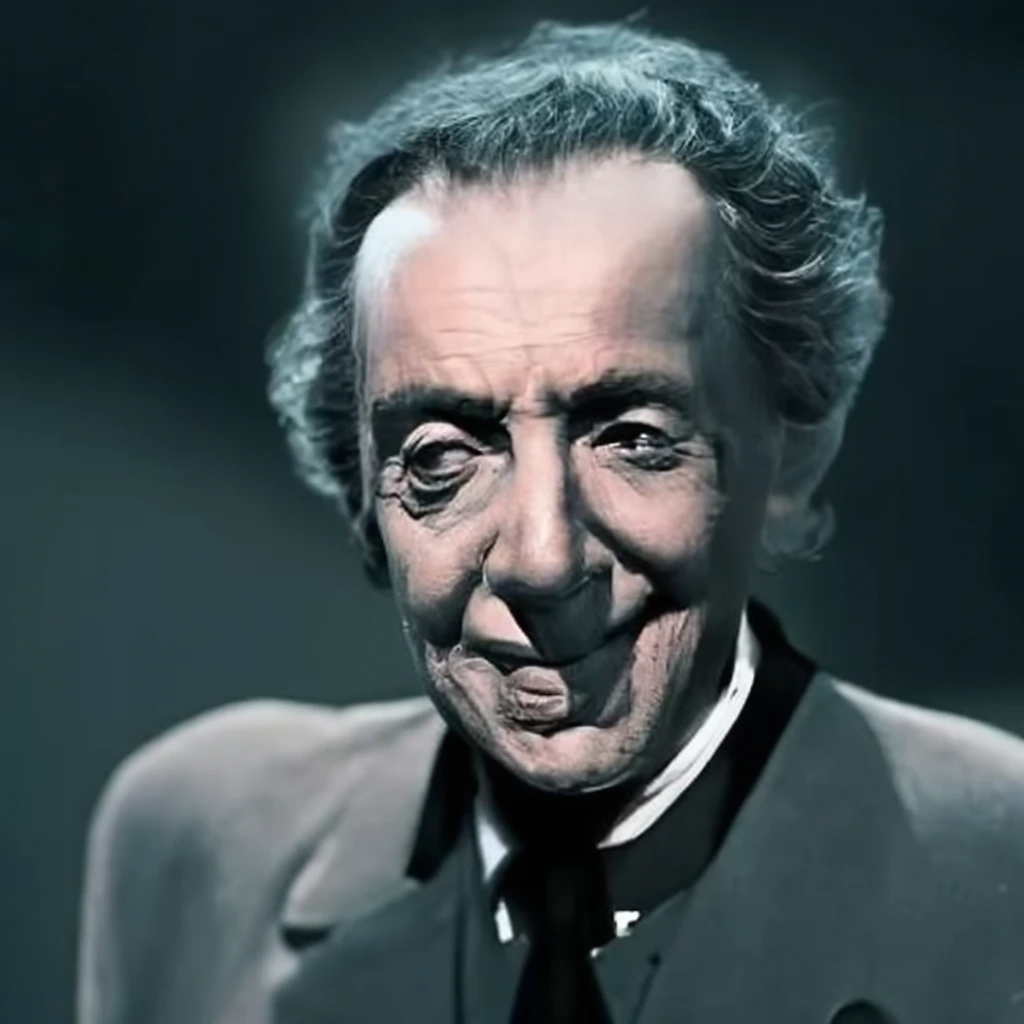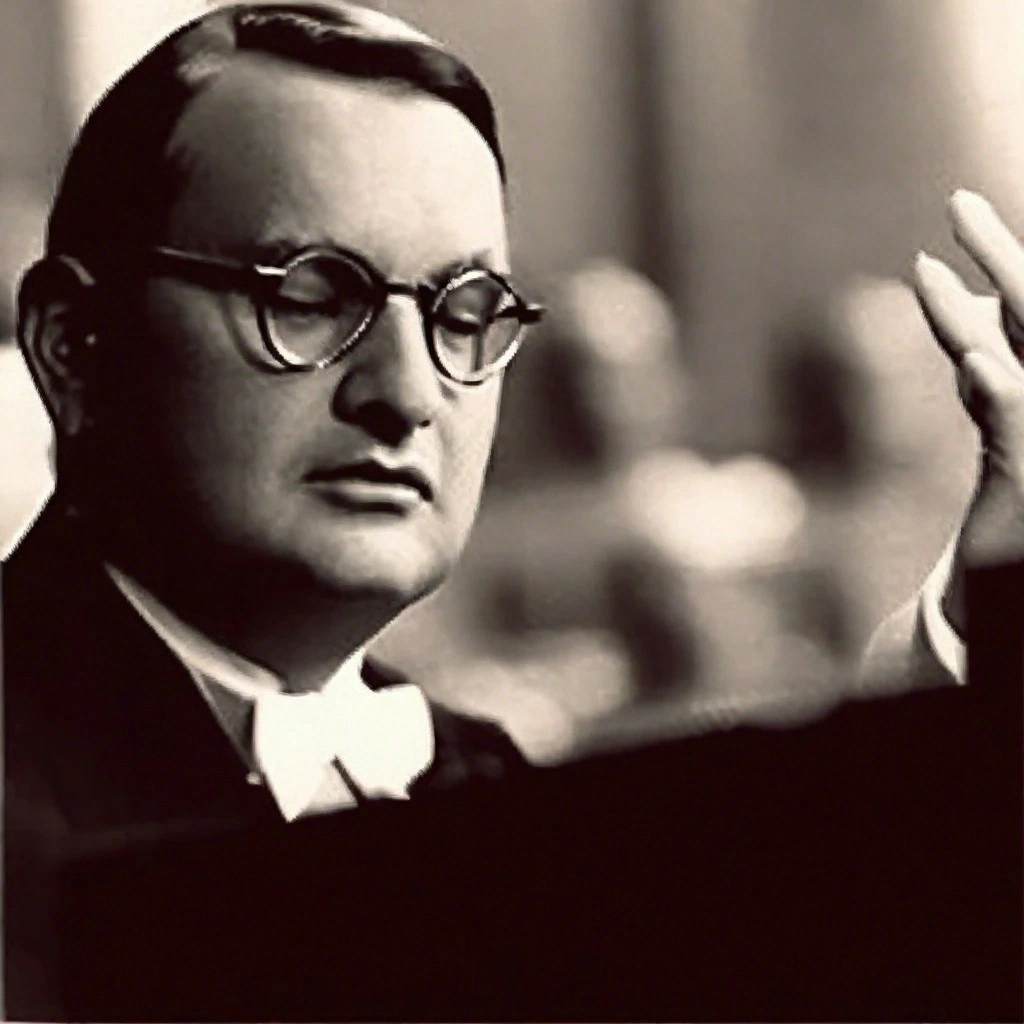Introduction
James Horner, a name synonymous with cinematic brilliance, stands as a towering figure in the realm of film composers. With a career spanning decades and a legacy that echoes through the halls of cinema, Horner’s contributions to music have left an indelible mark on audiences worldwide.
In this exploration of James Horner’s life and work, we delve into the depths of his genius, unraveling the threads of his musical tapestry. From his humble beginnings to his meteoric rise in Hollywood, we embark on a journey to understand the man behind the melodies and the impact of his compositions on the world of film.
Background and Early Life
James Horner, born on August 14, 1953, in Los Angeles, California, was a musical genius whose compositions left an indelible mark on the world of film and beyond. His journey into the realm of music was shaped by a supportive family environment and a natural talent that blossomed from a young age.
Raised in a family that nurtured his artistic inclinations, Horner’s father, Harry Horner, a noted set designer and occasional film director, provided a backdrop of creativity. While the specifics of his mother, Joan Horner’s musical background remain less documented, it’s clear that the family’s collective love for music played a significant role in James’s early development.
From his mother, who may have been a pianist, and his father’s broad appreciation for classical music, Horner absorbed a diverse range of influences that would later inform his own compositions. While tales of his mastery of multiple instruments as a child are less substantiated, there’s no doubt that Horner’s upbringing in a creatively supportive environment laid a strong foundation for his future career.
Despite potential financial challenges, Horner’s family recognized his exceptional talent and prioritized his musical education. While specific anecdotes of family sing-alongs and jam sessions are not extensively documented, it’s evident that Horner’s childhood was immersed in music, fostering his diverse musical sensibilities.
As Horner grew, his exposure to a wide array of musical styles, coupled with his innate understanding of composition, laid the groundwork for his future innovation as a composer. His family’s unwavering support instilled in him the confidence to pursue his dreams, contributing to his eventual success in the music industry.
The nurturing environment of his youth undoubtedly fueled Horner’s creativity and passion for music, setting the stage for a remarkable career marked by iconic compositions that continue to resonate with audiences worldwide.
James Horner’s legacy serves as a testament to the transformative power of music and the profound influence of early familial support. His journey from a musically inclined child to a celebrated composer remains an inspiration to aspiring musicians everywhere, reminding us that greatness can emerge from even the humblest of beginnings.
Musical Style and Genre
1. James Horner’s musical style is characterized by its emotive power, sweeping melodies, and orchestral grandeur.
2. Influenced by classical, folk, and avant-garde traditions, Horner’s compositions exhibit a unique blend of old-world charm and contemporary flair.
3. Key characteristics of Horner’s music include lush orchestrations, memorable themes, and intricate harmonic structures.
4. Over the course of his career, Horner’s style evolved, adapting to the demands of various film genres while retaining its distinctive voice.
5. His use of leitmotifs, rhythmic motifs, and unconventional instrumentation set him apart as a visionary composer in the world of film.
6. Horner’s preferred genres ranged from epic symphonies to intimate chamber music, showcasing his versatility and adaptability.
7. Comparisons to other composers often highlight Horner’s ability to evoke deep emotional resonance through his compositions.
8. Notable works such as “Titanic,” “Braveheart,” and “Avatar” exemplify Horner’s mastery of blending music with narrative, enhancing the cinematic experience.
9. Critical analysis of Horner’s music often praises its ability to transcend genre boundaries and resonate with audiences on a profound level.
10. Horner’s own reflections on his musical style reveal a commitment to storytelling and a dedication to crafting music that speaks to the human spirit.
Career Highlights
1. James Horner’s career is studded with numerous achievements and accolades, cementing his status as one of the most celebrated composers in Hollywood.
2. Notable performances and premieres of Horner’s works have graced prestigious venues and captivated audiences around the world.
3. Throughout his career, Horner received a multitude of awards, including Academy Awards, Grammy Awards, and Golden Globe Awards, among others.
4. His collaborations with esteemed directors, musicians, and artists have yielded iconic soundtracks that have become synonymous with cinematic excellence.
5. Commissions from renowned orchestras and institutions showcased Horner’s ability to compose for the concert hall as well as the silver screen.
6. Horner’s prolific output extended beyond film scores, encompassing symphonic works, operas, and concertos that showcased his versatility as a composer.
7. His contributions to music education and advocacy further solidified his reputation as a trailblazer in the industry.
8. The enduring impact of Horner’s works on the music community and society at large is a testament to his artistic vision and enduring legacy.
9. Reflections on Horner’s career underscore the profound influence he wielded in shaping the soundtracks of our lives and defining an era of cinematic history.
10. His legacy as a pioneer of film music continues to inspire future generations of composers and filmmakers alike.





